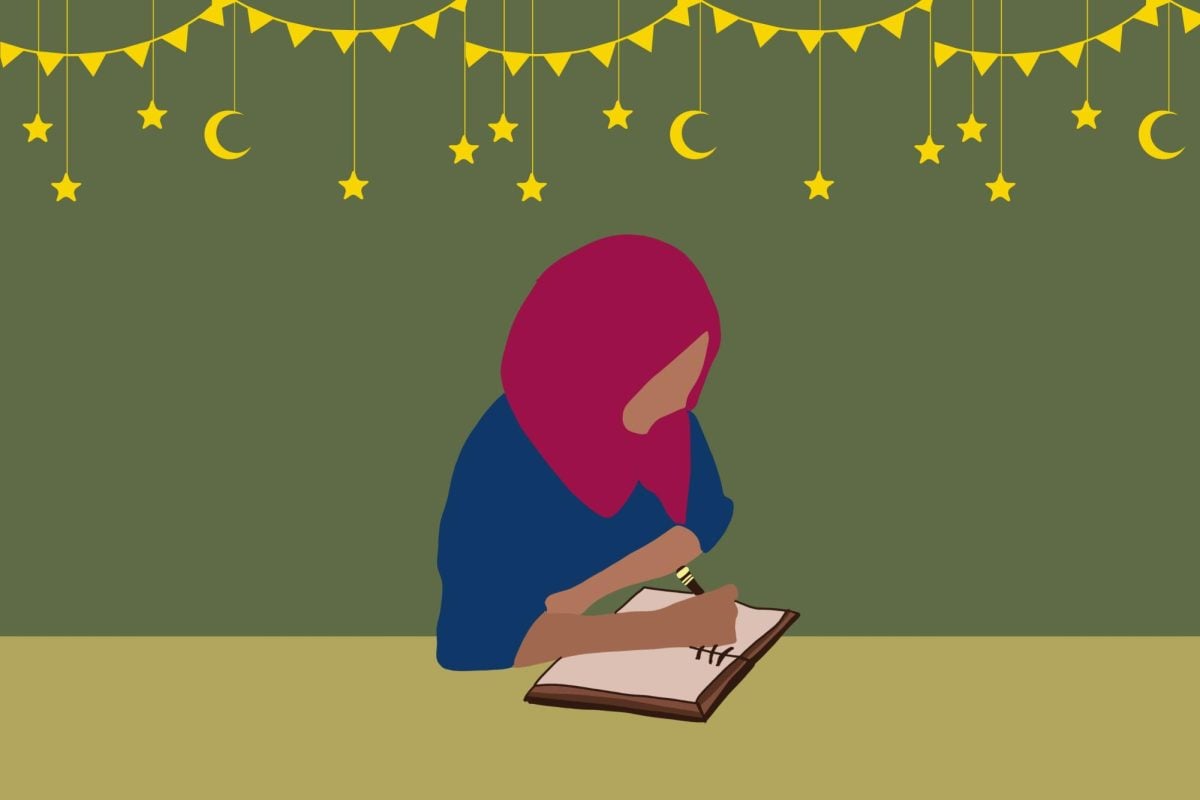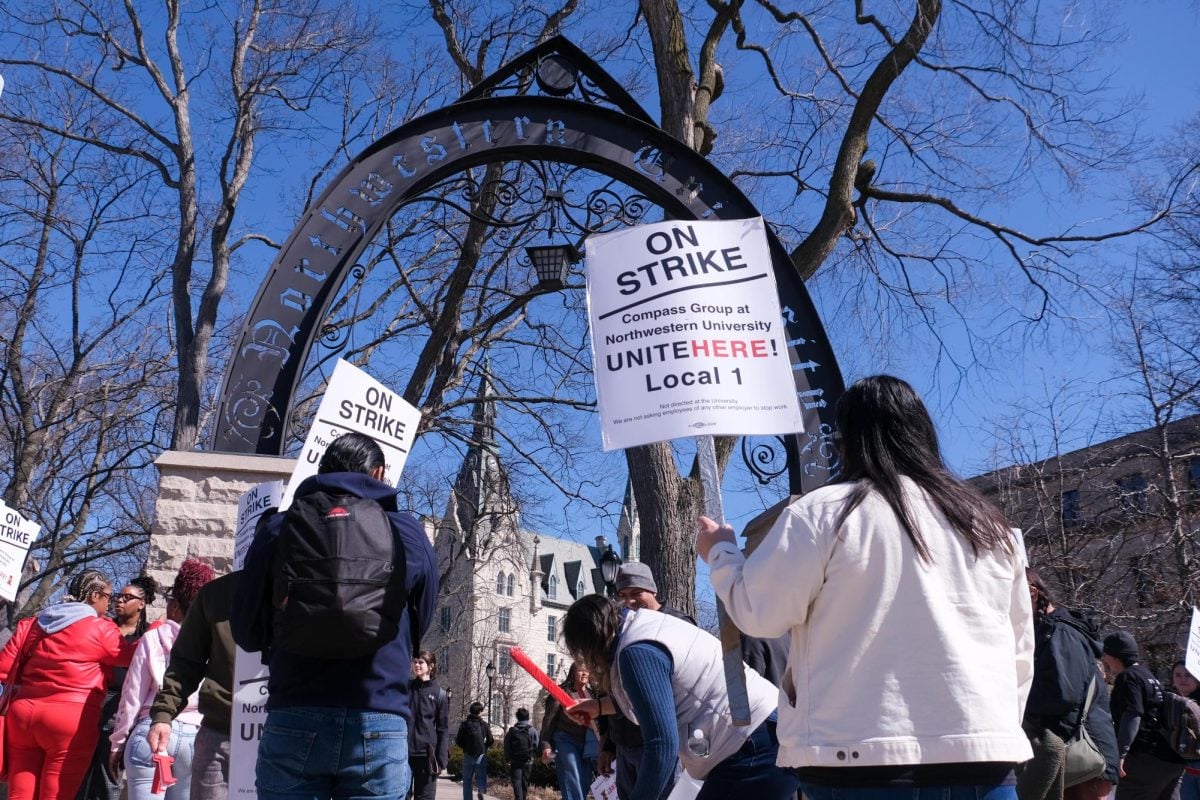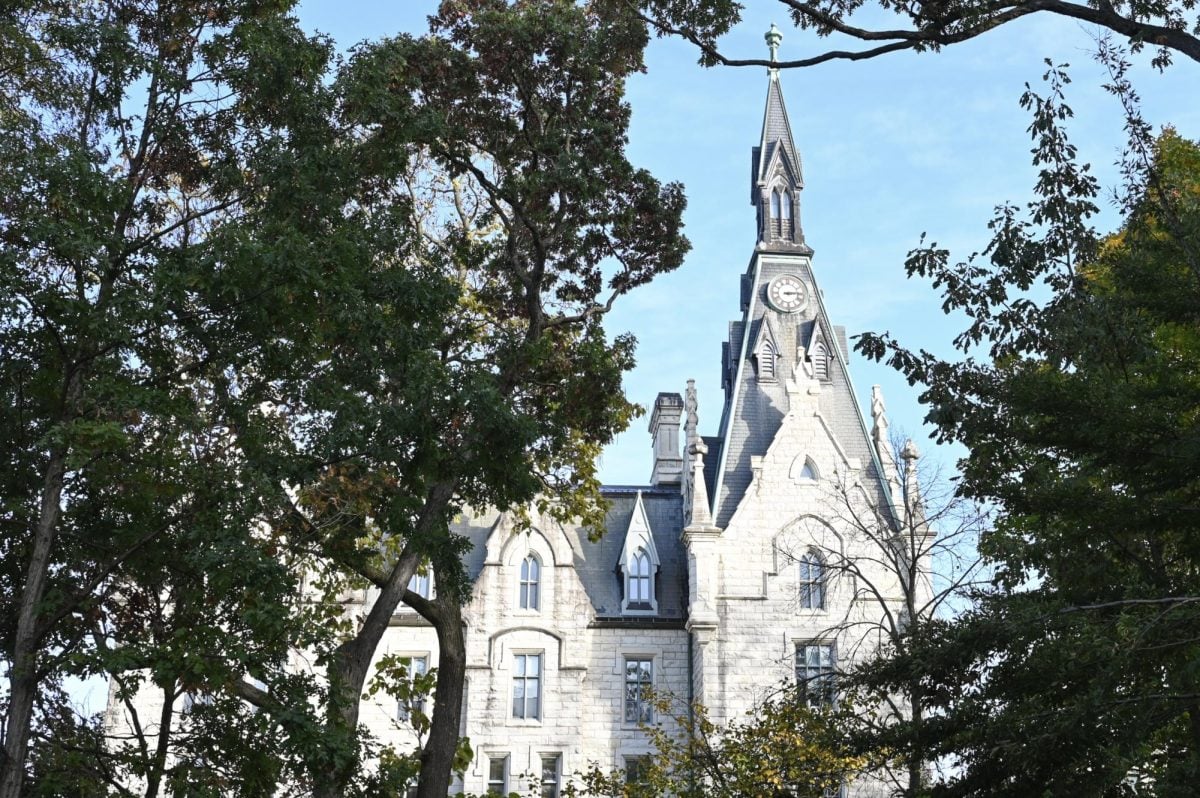This year, Winter Quarter exams overlap with Ramadan, the most sacred month in Muslim culture. Final exam week begins March 11 — the day after the first night of Ramadan.
Many Muslim students on campus observe Ramadan through fasting, prayer and community meals. Those who choose to fast abstain from eating or drinking from dawn to sunset, at which point they break their fast with an Iftar meal. Northwestern offers a special dining service that allows students with or without a meal plan to participate in Iftar meals in the dining halls during Ramadan.
The Office of the Registrar sent out a message to students and instructors on Jan. 4 outlining the academic accommodations process for religious holidays. In the message, University officials acknowledged that the winter exam period overlaps with Ramadan, and encouraged students to reach out to their instructors early and request accommodations.
University policy on religious accommodations states that instructors should make “every reasonable effort” to allow students to observe religious holidays without jeopardizing their academic standing.
“In the past, issues such as (religious accommodations) have been successfully handled by informal discussions among students, faculty and administrators, when necessary,” the University’s website reads. “We hope and expect that such accommodations will continue to be made in the future.”
Weinberg freshman Sophia Tariq said her economics exam this quarter, which will take place while the sun is setting, overlaps with the first night of Ramadan.
She said she and another Muslim student in the class asked to take a break during the exam to break their fast, but their professor told them they would just need to eat during the exam instead.
Tariq said she doesn’t want to be distracted during the exam, so she plans on waiting to eat until after the test is over to break her fast.
“It was just kind of frustrating, because when you’re taking an exam, and you’re starving, that is one of the worst feelings,” Tariq said.
Tariq said she’s gotten used to not having adequate religious accommodations as a Muslim student, but she wishes the University would implement a policy that allowed for less variation between instructors.
“It’s definitely really convenient if everybody’s on the same page,” Tariq said. “There are people that can have completely different accommodations just because of which professor they have.”
The University did not respond to The Daily’s request for comment on equity issues in the accommodations process.
SESP junior Rayyana Hassan, a member of the executive board of the Muslim-cultural Students Association, said she’s made great memories celebrating Ramadan with other Wildcats.
But, she has had to ask her professors for accommodations on a case-by-case basis, which has led to significant uncertainty and stress this year.
“You always have to deal with the idea that they might say no,” she said.
Hassan said fasting isn’t the only thing that can be jeopardized for Muslim students during exam season. She said Ramadan is a very social holiday, and students sometimes have to give up religious trips to fit their academic schedule.
She said people celebrate the holiday of Ramadan differently, so a uniform policy might not work for everyone. But, she asked that all professors do their best to accommodate all of their students’ religious observances this year.
“If professors are willing to be accommodating, they just end up making that students’ whole quarter so much easier,” Hassan said.
Email: samanthapowers2026@u.northwestern.edu
X: @SQPowers04
Related Stories:
— McSA hosts Eid Al-Fitr banquet to celebrate end of Ramadan McSA hosts Eid Al-Fitr banquet







